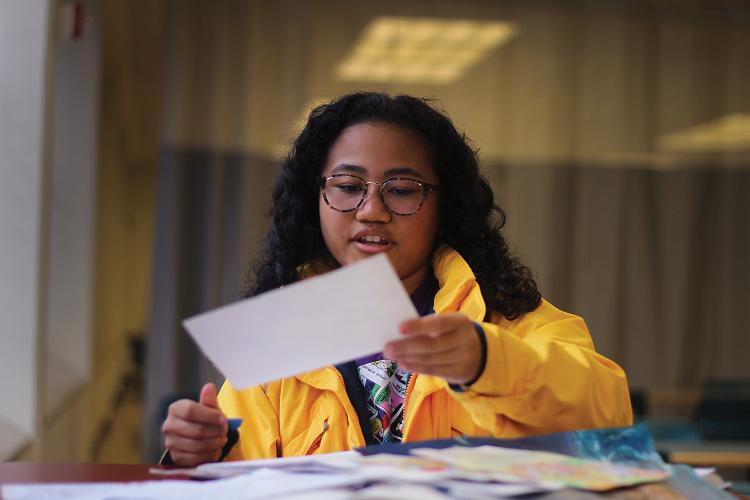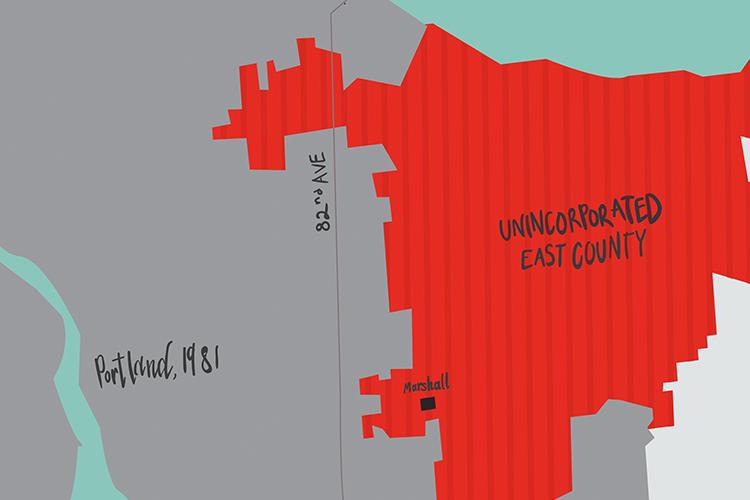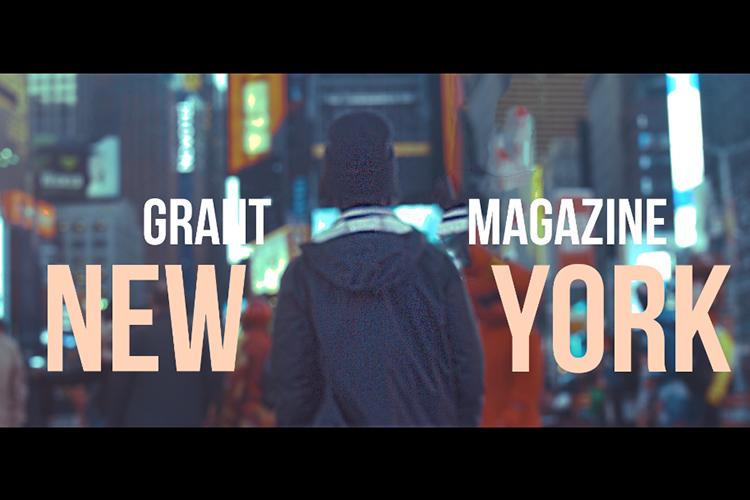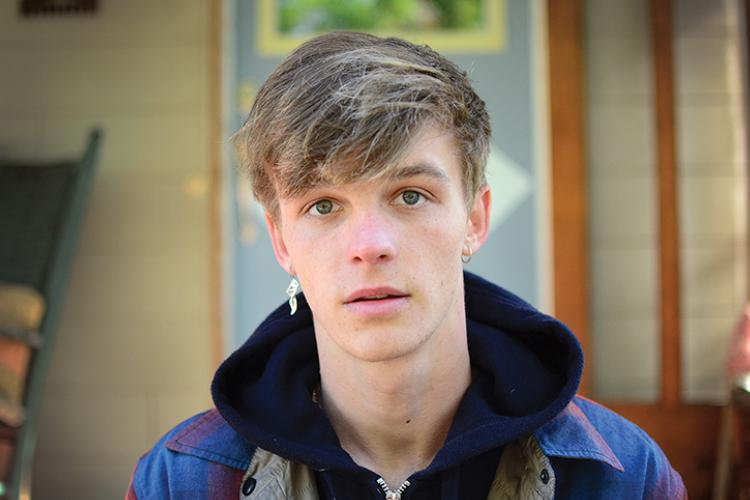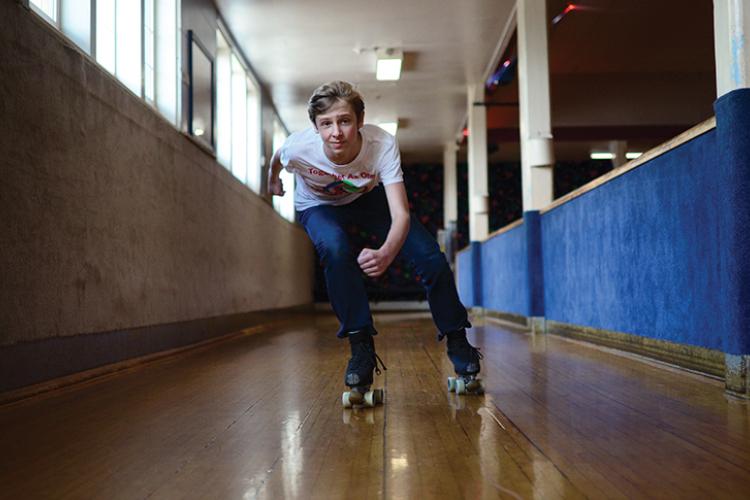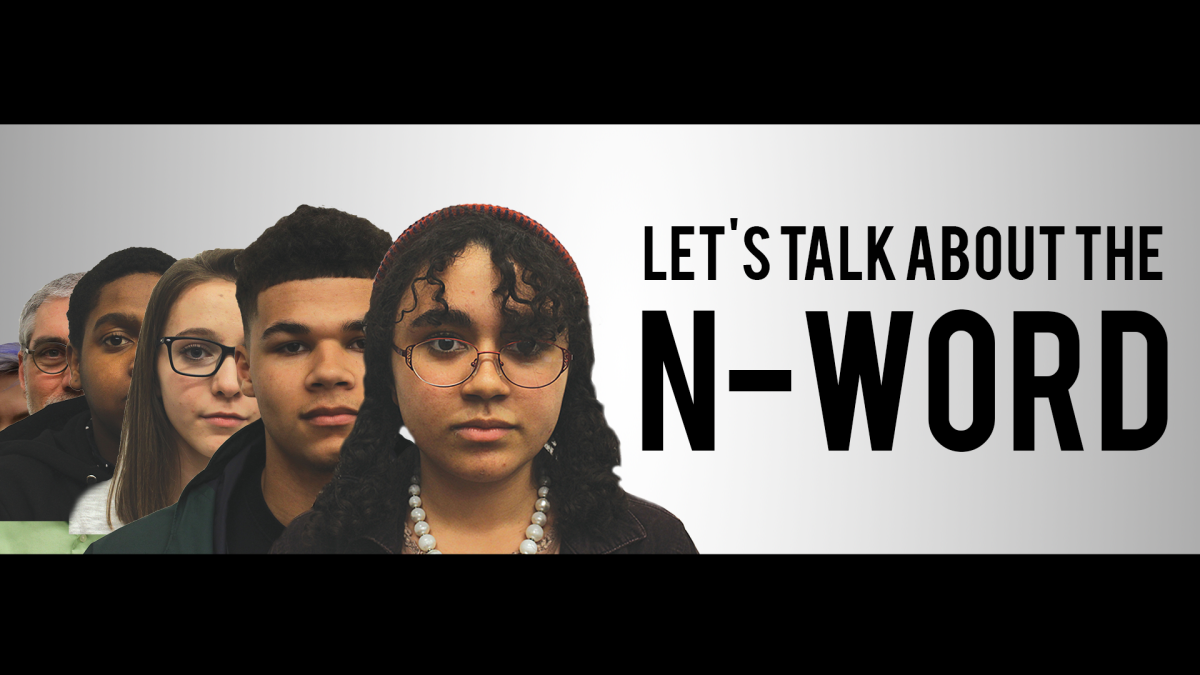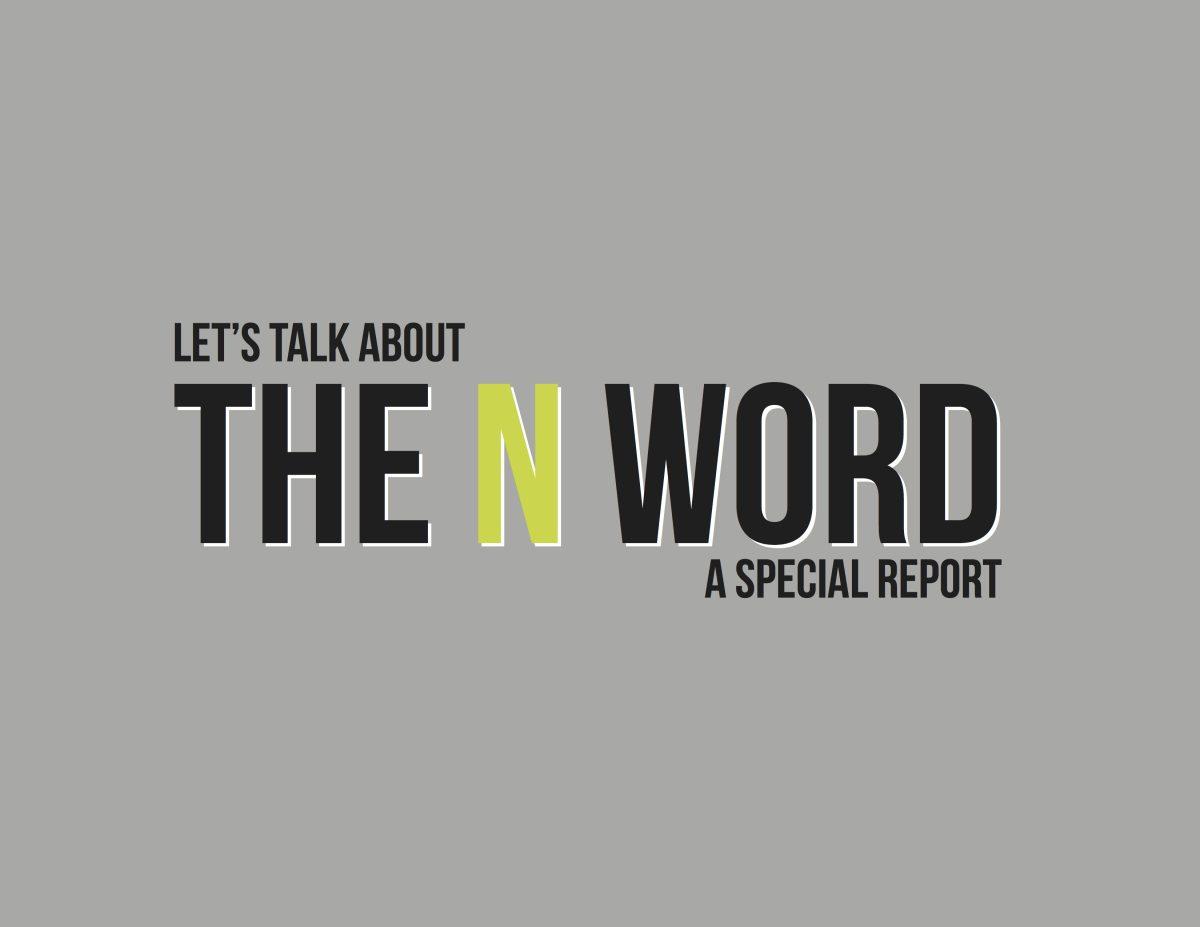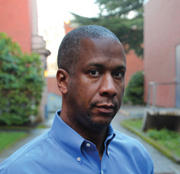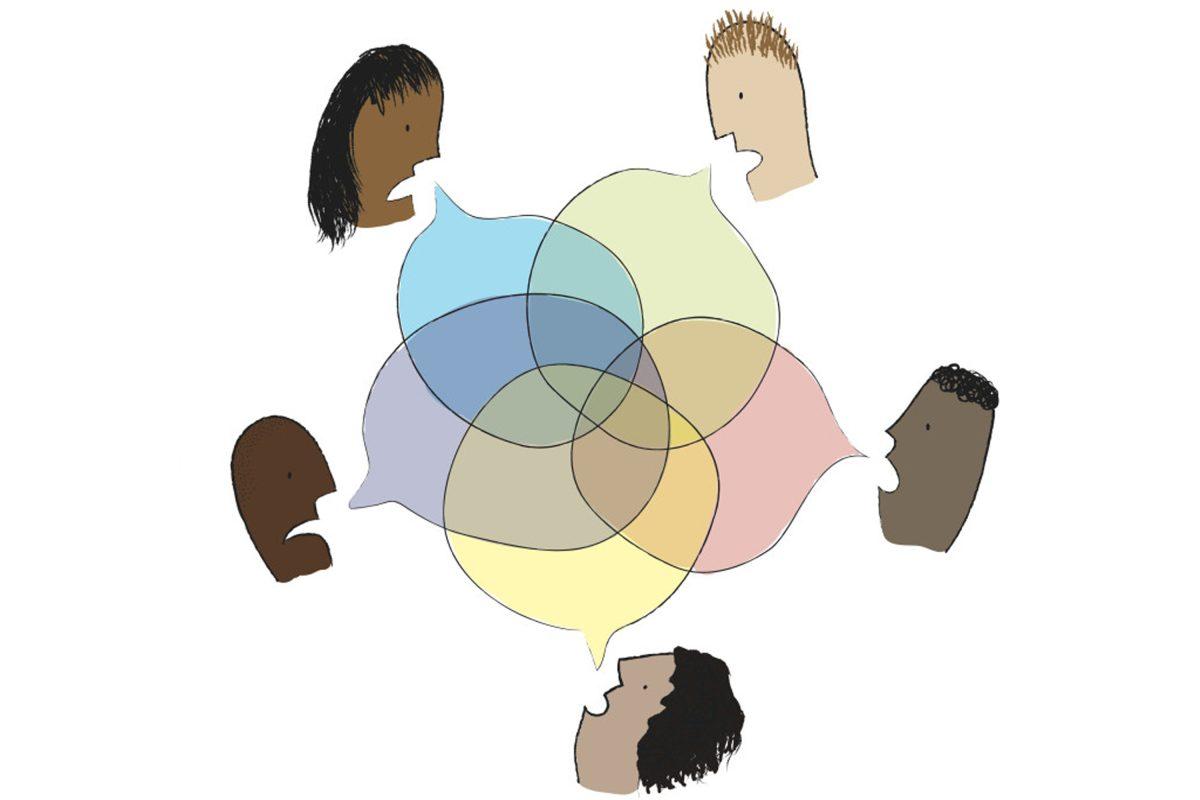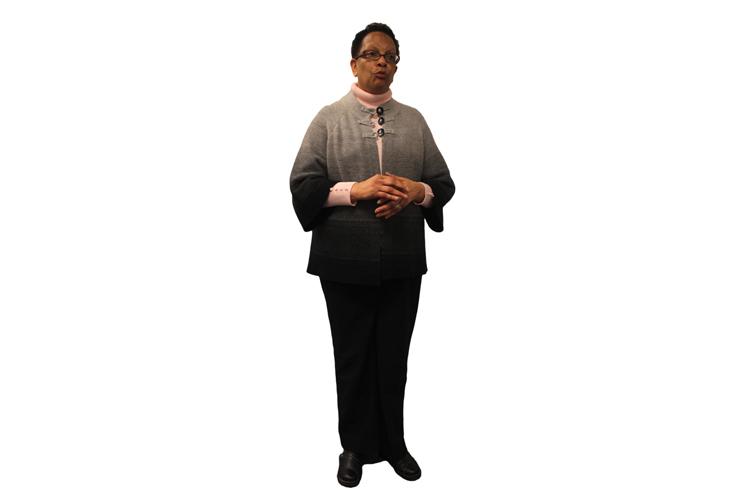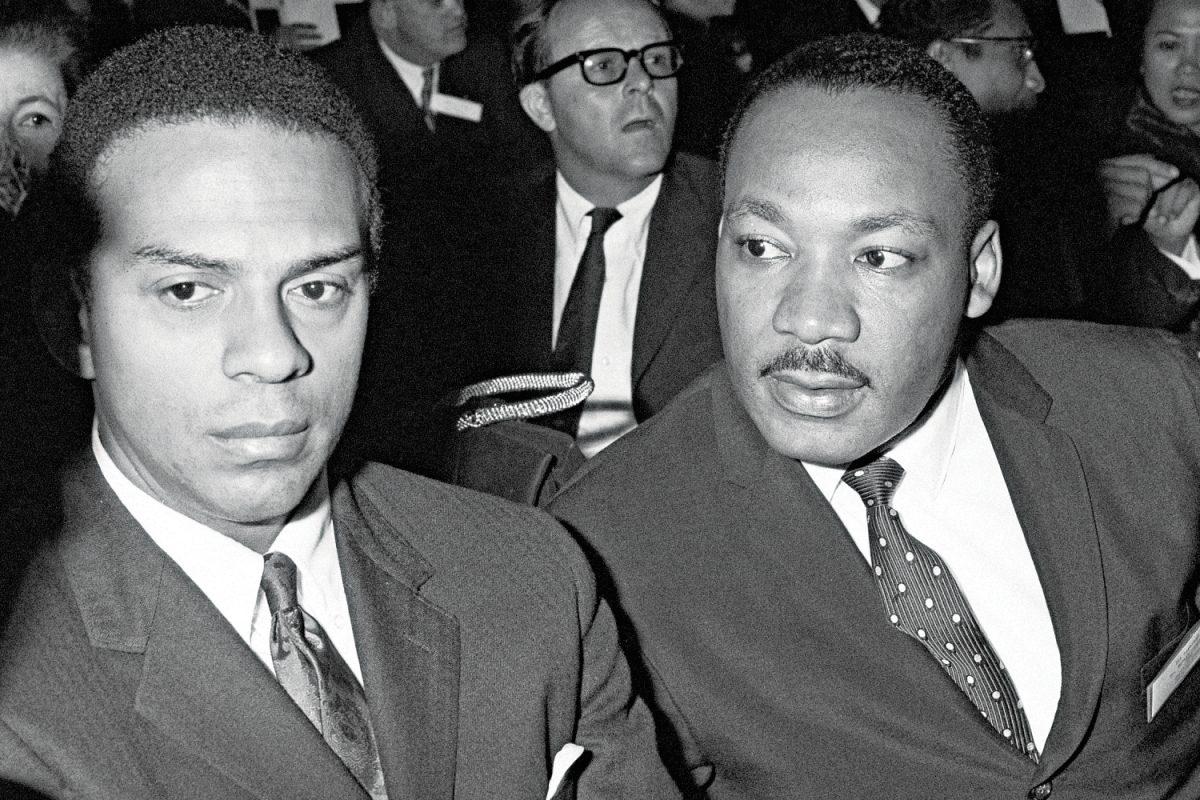Blu Midyett
Grant Magazine Editor in Chief

I remember when I first said the word nigger. It wasn’t out of hate. It wasn’t a joke. It came out of curiosity. At the time, I was seven and living in a small apartment in Lawrence, Kan., with my mother. As a child, I was goofy and loved to joke with my mom, often calling her silly names and laughing along with her.
“Nigger,” I said to her, giggling along as I continued to laugh about whatever else I was saying. I watched as my mother’s always-optimistic face turned to a cold, stern gaze.
“Do you know what that word means?” she asked, incredulously. I had no idea. I had heard it in movies and on television, but had no idea of the weight that it held. My mom gathered herself, spoke softly and made her point. “You can’t say that,” she said.
She explained where the word came from, how white men had taken Western Africans from their homes and made them their slaves, using this word like the sting of a whip. The word was how white plantation owners and their employees degraded the people they owned, using the word to put an entire race beneath them.
My mother – even today – believes the word has no place in our society. I was devastated at the time. It shocked me that one word could carry so much weight.
This, coming from my white mother, has stuck with me. I’ve held onto what she said back then. But my surroundings and experiences have changed along the way. Today, I hear the word in music and coming out of the mouths of my friends, white and black. Whether it’s used as a term of friendship, as an added emphasis to a joke or as a hateful comment, I continue to struggle on where to draw the line between casual use and ignorance.
Living as a racially mixed child, I’ve had some confusion about my identity. I’ve been surrounded by white faces my whole life. I have pale skin, but my hair is kinky. I’ve grown up wanting to understand and embrace a bigger piece of black culture in my life than I have had.
When someone black recognizes that I’m mixed, I feel a sense of pride that I haven’t found anywhere else. It helps me to know that my black side has meaning and is still there, that it hasn’t been drowned out.
Unfortunately, there’s another form I’ve found that goes with that confirmation. It would come out when I found myself in the pit of jokes from my white friends. In the past, I wasn’t particularly hurt by them and never equated them to being hateful, racist slurs. But the demeaning and isolating qualities of the jokes eventually made me question their credibility as humor.
I was in sixth grade when my friends began making references to African-American stereotypes and laughing about them. I laughed with them for a while. They told me I should be good at basketball because my dad was black. Once, we played a game called “Run from the Black Man,” where I chased my friends around the woods.
I played into these gags without knowing or understanding that I was perpetuating stereotypes with my friends. By participating and not questioning things, I was aiding in the creation of racial insensitivity. This behavior was not new and it didn’t come out of nowhere.
Through the media, music and the entertainment industry that we all watched together, I have no confusion as to where these ideas came from. And without a reasonable voice opposing my friends, “nigger” quickly came into frequent use.
First, it was singing along to a song, a greeting from time to time or hearing it in a joke. Throughout middle school, my non-black friends began to question why I rarely ever said the word along with them. The few times that I did say it, it never felt right. By the time high school rolled around, the word was commonplace.
Many of the black students I met at Grant don’t mind the casual use of the word; some even use it openly with white friends. The concept of it as a negative expression continued to confuse me. I wasn’t sure how to treat it and grew increasingly OK with its use.
That didn’t last. As I watched and read about the injustices done to black people in our country over time, I had to take a step back. I began to realize the negative legacy that the word still holds.
And so I was shocked, but not completely surprised, when some long-time friends of mine began making racist jokes over a group text. I called a particular friend out and he told me that he “doesn’t hate niggers.” My other friends responded with laughs at first, but I was furious. I told him I wouldn’t speak with him if he continued to act like that, so I cut him off for weeks.
At this particular point, I had to decide if I was ready to fully take on my newfound beliefs. Could I do more than simply say “shut up” or give a blank stare?
I haven’t entirely overcome the fear of confrontation when someone uses the word. It’s still nerve-racking to hear it in the hall or out of the mouths of white peers. Through writing, though, I’ve been able to reflect on what this word means to me and fully express my conflict with it. I’ve taken proactive steps to leave the cowardice of remaining silent behind. My hope is that my friends, my school and my community will join me in speaking out. ◊



























